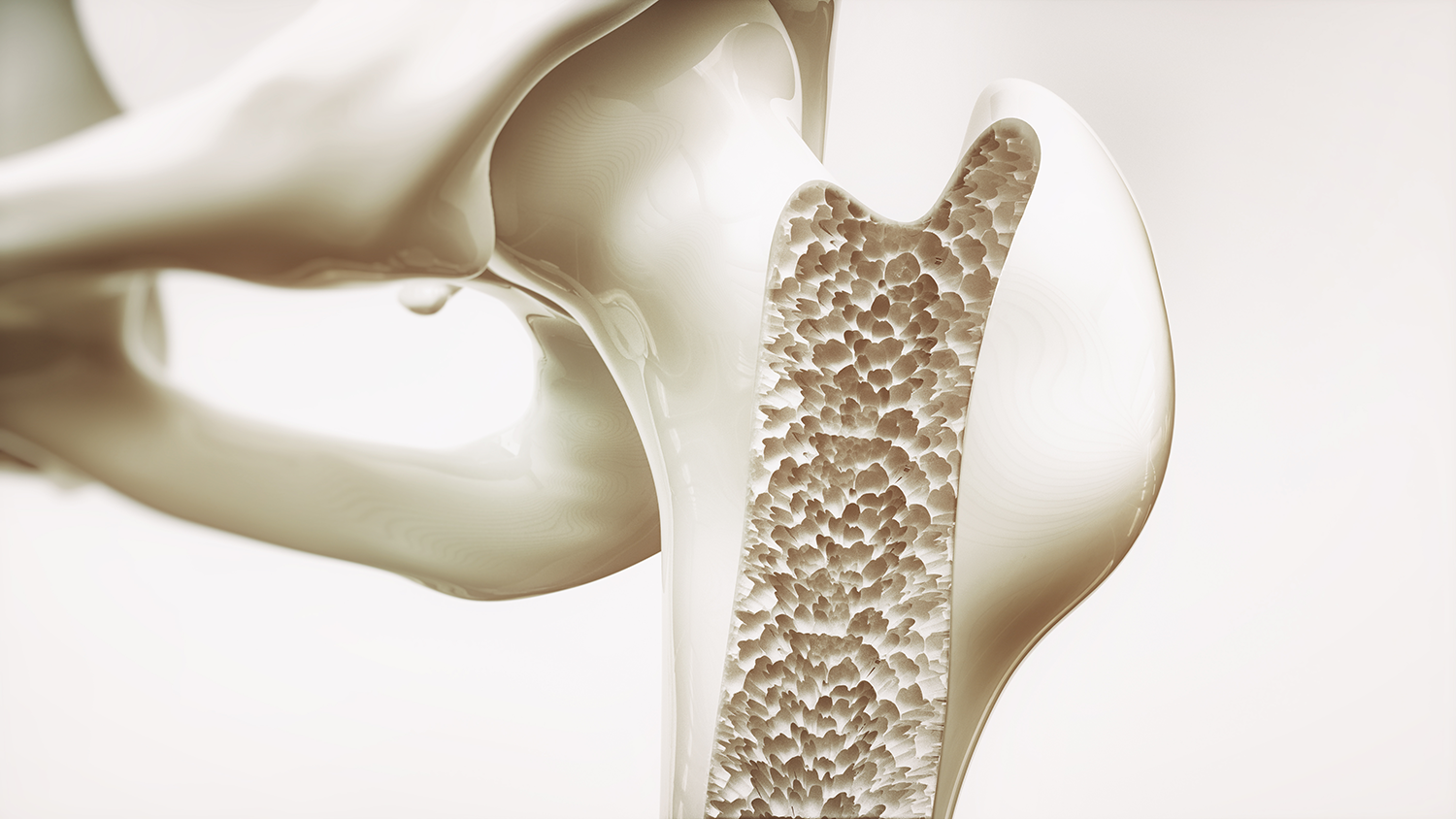By: Dr. Riffat Sadiq, CEO of WNY Medical, PC, Channel Creator
According to the Center for Disease Control, chronic diseases are defined broadly as conditions that last one year or more and require ongoing medical attention or limit activities on daily living or both. Chronic diseases are the leading cause of death and disability in the United States. When it comes to overall health, elder citizens are more prone to osteoporosis. This is an example of a chronic disease with a silent effect, meaning it often has no symptoms.
Osteoporosis is when bones become less dense and not properly suitable for our bodies. Our outer structure of our bones may look well, but the interior will begin developing holes. A potential way to tell if you have osteoporosis is if you are losing height due to a compression fracture in your back. A compression fracture is a break in the vertebrae that causes them to collapse. The density of your bones changes throughout your lifetime, so it is important to follow up with your doctor with a dexa scan if you begin noticing these crucial changes.
Calcium and Vitamin D can help our bone structure and overall strength throughout our lives. A balanced diet is important, including eggs, milk, and cheese. Light exercise and sunlight are other important factors, when it comes to an overall healthy lifestyle. In women, it is crucial to have hormone therapy to keep our bones healthy. If it comes down to needing medication for our bones, that can certainly be done. We have bone-building cells in our bodies, as well as bone-eating cells. Adding bonebuilding medication to our life is an effective solution to help this disease. Overall, it is crucial to pay attention to how our bodies react to our surroundings. If you require additional attention to your bones, schedule a consultation with one of our competent providers at WNY Medical, PC by visiting our website at wnymedical.com, or by calling 716-923-4380.

